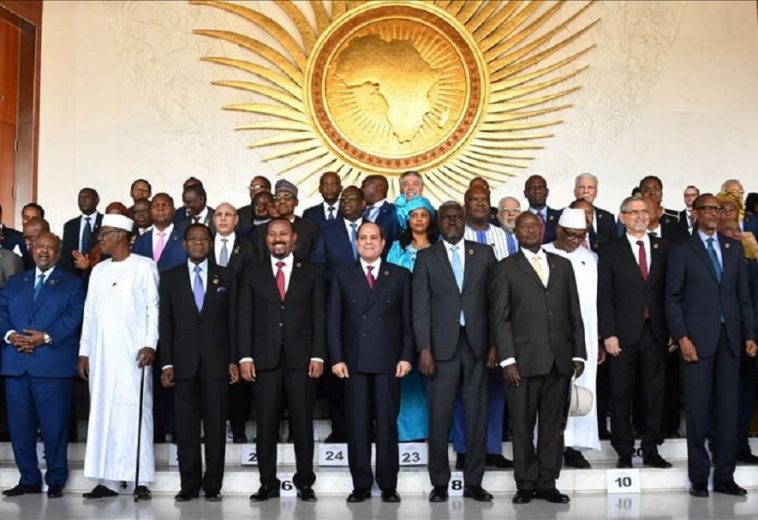Africa’s now-growing energy sector was long dominated by traditional biomass and fossil fuels. However, there has been an increase in renewable energy investments across the continent. According to the International Renewable Energy Agency (IRENA), Africa has the potential to generate over 300 gigawatts (GW) of renewable energy from sources such as solar, wind, and hydro by 2030. This shift is particularly vital as approximately 600 million Africans still lack access to electricity, according to the International Energy Agency (IEA).
Countries like South Africa, Kenya, and Egypt are already making strides in renewable energy. For instance, Kenya generates more than 75% of its electricity from renewables, particularly geothermal and hydropower, with plans to expand further. South Africa’s Renewable Energy Independent Power Producer Procurement Programme (REIPPPP) has attracted over $20 billion in investments, creating thousands of jobs in the process. Such initiatives illustrate the economic benefits of tapping into Africa’s abundant renewable resources.
Economic Benefits of Renewable Energy
The shift to renewable energy is not just an environmental imperative but an economic one. A transition to renewable resources can drive economic growth through multiple channels:
- Job Creation: The renewable energy sector has proven to be a significant job creator. For example, the IRENA 2020 report highlighted that renewable energy could create over 2 million jobs in sub-Saharan Africa by 2030, compared to the fossil fuel sector’s diminishing opportunities. This will be critical in a continent where youth unemployment is high.
- Attracting Investment: Clean energy projects are increasingly attracting global investors. According to the African Development Bank (AfDB), the annual investment needed to achieve universal energy access across Africa by 2030 is estimated at $29-39 billion, much of which is expected to flow into renewable projects. Major investors, including China and the EU, are prioritising renewable energy investments in Africa, enhancing the continent’s appeal as a destination for green capital.
- Cost Reduction: Solar and wind energy prices have significantly dropped in recent years, with solar power becoming the cheapest form of energy in many parts of the world. As costs continue to fall, the reliance on imported fossil fuels will decrease, reducing energy costs for African economies. This can free up resources to be spent on critical development areas such as healthcare and education.
Challenges and Risks
Despite the clear benefits, Africa’s energy transition is fraught with challenges. Many African nations lack the necessary infrastructure and regulatory frameworks to support large-scale renewable energy adoption. Additionally, the high upfront costs associated with renewable projects can deter investment, especially in low-income countries with limited financial capacity.
Moreover, there is a risk of stranded assets as Africa still has significant fossil fuel reserves. For instance, Nigeria, Angola, and Algeria, which are major oil exporters, face the challenge of managing the transition without destabilising their economies. A sudden shift away from fossil fuels without a diversified economic strategy could result in revenue loss and job displacement in traditional energy sectors.
Africa’s energy transition to renewable resources holds tremendous economic potential, with significant opportunities for job creation, foreign investment, and sustainable development. However, to fully harness these benefits, African countries must develop stronger policies and infrastructure that support clean energy.




